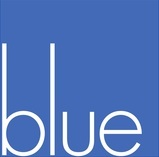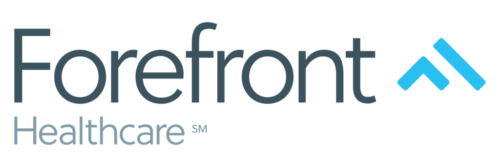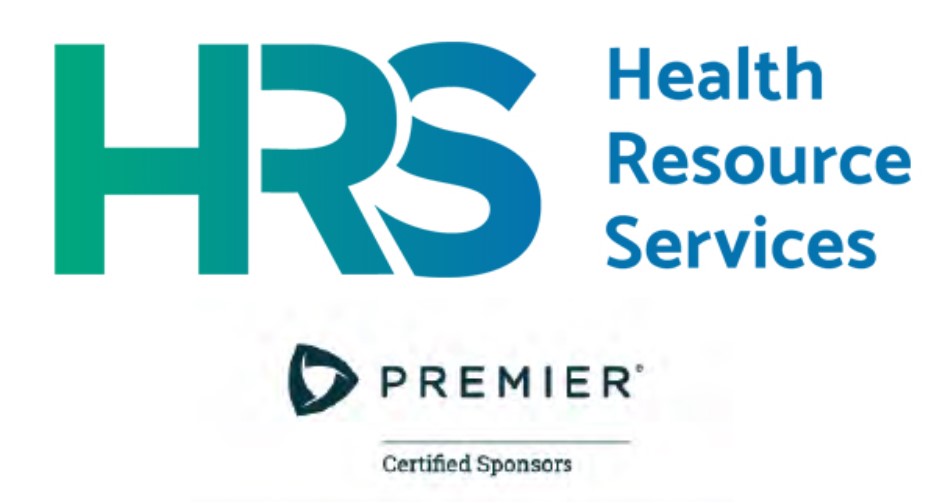Prefer a simpler view? Click the ‘List’ button to see our upcoming events and activities in an easy-to-read format.
12 Month Webinar Series: Documentation in Depth12/17/20249:30am
Register

This monthly series facilitates moving clinical documentation from satisfactory to superior with a focus on defending quality of care and supporting accurate reimbursement. Discussion will include assessment considerations, effective care planning in high-risk areas, reporting daily care and services, and overcoming common barriers. Extensive casestudies and documentation examples will be included.
This webinar series aims to empower healthcare professionals in SNFs/NFs to provide the highest quality of care while maintaining the integrity and accuracy of their documentation.
What to Expect
Gain critical insights to advance clinical team documentation skills for care quality, payment accuracy, and compliance.
Target Audience
Directors of Nursing, Nursing Leadership, Compliance Staff, Risk Management, Social Services, Therapy, Dietary, Administrator, Staff Development Coordinator, Infection Preventionist, Medical
Records
CEUs
One (1) contact hour each session; NAB approved through Proactive LTC Consulting.
Cost
Entire Series: Member rate – $715; Nonmember rate – $1045
Individual Sessions: Member rate – $65; Nonmember rate – $95
This series will take place 9:30-10:30am on the 3rd Thursday of each month. Here is the schedule:
January 16 – Documentation for Falls & Accidents
Designed to equip healthcare professionals with the essential skills needed to create thorough documentation that demonstrates fall prevention efforts and an effective response to falls and accidents.
February 20 – Documentation for Behavioral Health & Mental Illness
Discover essential skills required to create supportive documentation for individuals with behavioral health needs including assessment, care planning, behavior tracking, and other essentials.
March 19 – Documentation for Pain Management
Leave with a solid understanding of the regulatory landscape, communication skills, and practical strategies for creat ing comprehensive and supportive documentation for pain management.
April 16 – Documentation for Elopement Risk & Incidents
Navigate documenting the elopement risks and incidents and leave with a solid understanding of the regulatory landscape, enhanced communication skills, and practical strategies.
May 21 – Documentation for Dialysis Care
Explore the essential skills and knowledge needed to create comprehensive and accurate documentation for individuals undergoing dialysis.
June 18 – Documentation for End of Life Care
Dive into essential knowledge needed to provide comprehensive and compassionate documentation during the final stages of life.
July 16 – Documentation for Pressure Ulcer Prevention & Management
Travel through the complexities of documenting the identification of the risk for skin breakdown, prevention efforts, and management of pressure ulcers
August 20 – Documentation for Nutrition/Hydration Services
Discover key strategies for documenting the identification of the risk for, prevention of and management of impairments in nutrition/hydration status in residents.
September 17 – Documentation for Respiratory Care
Ensure your respiratory care and assessments meet the demands of meticulous and supportive documentation to deliver high-quality respiratory care for residents.
October 15 – Documentation for ADL Care, Declines, & Restorative Nursing
Become empowered with the essential skills and knowledge to create comprehensive and accurate documentation that delivers person-centered, effective ADL care and restorative nursing services.
November 19 – Documentation for Skilled Care Justification
Learn how to create supportive and thorough documentation for individuals receiving daily skilled care in the SNF to obtain accurate and appropriate Medicare reimbursement that withstands medical review.
December 17 – Documentation for Infection Prevention and Control
Review essential skills and systems needed to create thorough documentation to support the presence of an effective infection prevention and control system within the LTC/SNF setting.






